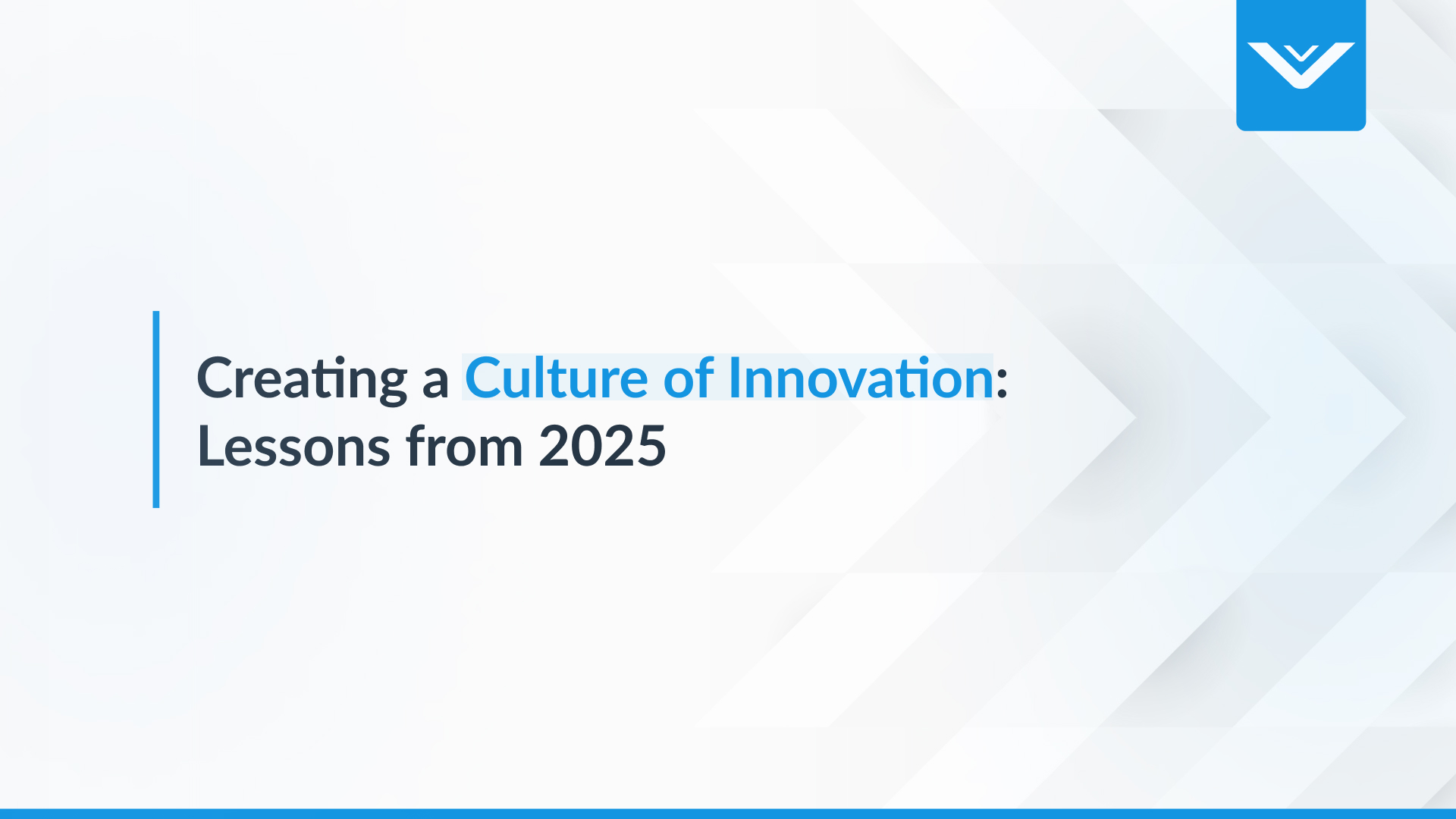

We're spotlighting David Hackshall, CIO of Cochlear. Hear from David on his journey to CIO, challenges, how he sees innovation and what's on his radar for new technologies.
Council Spotlight: David Hackshall of Cochlear
We love to spotlight our Council Members and share brief insights into the person behind the role. As our Innovation Advisory Council spans twenty-three cities across three continents, we have an incredible and diverse group of Council members leading companies of all sizes and industries. In this spotlight, we caught up with David Hackshall, CIO at Cochlear.
Cochlear, a leader in cochlear implant technology that supports over 450,000 people with hearing loss around the world. Since commencing his role in July 2015, David has overseen the organization's global IT capability with a focus on innovating technology to further improve the Cochlear recipient's journey.
Based in Sydney, David operates in a global capacity with operations throughout Asia, Europe, and the US. Under David’s supervision, the Cochlear technology function has undertaken a material restructure whilst delivering a number of customer-facing and internal cornerstone applications.
David has over 20 years of experience in driving technological transformation spanning differing industry sectors. He has worked in some of Australia’s leading companies including logistics, financial services, and now medical devices. David holds both a Master of Information Technology Management and an MBA from Macquarie University.
Can you give us an abridged story of the journey through your career and how you got to your current role?
I started off my career in Finance many years ago. There are two sides to Accounting as a trade, the routine (debits, credits, accruals, tax, etc.) and the sexy stuff (analysis). I'm not one for routine, so I gravitated to analyzing our organization, reviewing the data, looking for correlations, predicting what next. This then led to a desire for more data! This then led to driving changes in transactional systems so that more non-financial data could be captured. Well, before you knew it, I was running technology functions and driving business transformations.
Innovation means many different things to many different people; what does it mean for you?
Like most, innovation does mean different things for different people. The main mantra for innovation from my perspective is about disruption. How are we applying X to Y in a way that has not been done before? The size of X and Y can vary. But at the end of the day, you have transformed a process or a set of processes or an entire business model. And importantly, added value!
How do you see the rapid evolution of technology impacting your industry in five years?
I think the Health Care sector is at the point of having to adopt net new technologies and challenge long-standing traditions of "care models." COVID19 has accelerated this. I do see different challenges to this in different countries and across different healthcare systems. Data is also playing a more pivotal role in decision making (guidance) and care models adopting data, and AI will ultimately win the game over those that ignore it. A barrier to overcome is 'traditional' thinking that can at times be a blocker to the adoption of digital innovations. Our challenge is articulating that there is more to gain and nothing to lose.
What's on your radar for new trends and technologies that you think will accelerate innovation for you and your company?
As above, the application of data and AI in the sector is a trend that I see continuing and will accelerate in all sub-sectors of Health.
What's been one of the most significant challenges you've faced over the course of your career?
There are always challenges in any career; I think the biggest challenge (but the most rewarding) is when you identify opportunities that others might not see. Your ability to influence is critical in the skills required to ensure you're at the point of the arrow and not at the tail.
Setting and achieving attainable goals is an art as a leader. So how do you set goals for your team?
Setting objectives is one thing, motivating and galvanizing the team is the art of a good leader. I like making as many objectives as possible measurable and tangible. If you can't measure it, you can't manage it; if you can't manage it – you can't improve it! SMART goals are the way to go. The foundation of the team required to execute the strategy and plans must be grounded in TRUST.
The saying that culture eats strategy, technology, etc., for breakfast or lunch is well known. Do you agree with that? If so, how do you work on building a better culture at your company?
Building on your previous question, the foundation of a healthy team is Trust. But then building on that foundation is the absence of fear of conflict, the absence of commitment, the lack of accountability, and the inattention of results (I'm a massive Patrick Lencioni fan). These building blocks are important in building a culture that is focused on the execution of the strategy. Strategy fails if you do not have the ability to execute. Execution requires a healthy team.
What are you most proud of in either your work or personal life?
My family 😊. They are amazing. To see my kids become young adults, it's just awesome!
What kind of leader would you describe yourself as?
I'm not one to describe myself…never been really good at it. But I remember one of my team referring to my leadership style as like "Mandela." I like to motivate teams to achieve great things, challenge the status quo with a positive attitude, show courage and kindness, and have steely resolve.
What is one piece of advice you'd offer the next generation of individuals looking to grow within the technology space as a leader?
Regardless of your discipline, a leader is only ever as good as the people you surround yourself with. You cannot be the expert at everything. Get the right people around the table, empower them within their domain area of expertise. And importantly – Create a FUN place to be!
Do you build in time throughout the year for continuous learning? If so, can you speak to the value of continuously upskilling yourself?
I don't think you should or can ever stop learning. I still make mistakes; I learn! I still attend conferences on subjects that pique my interests; I like to meet lots of people and learn what others are doing. I have a very inquisitive mind.
What's your favorite non-professional activity that you love to do?
I get too injured in football nowadays, so I think my sporting days are behind me. I'm very big on friendships. I love my mates and still have rock-solid friendships that were forged in school. So I love connecting and engaging with people socially. Every Sunday, you will find me pounding the pavement at Manly Beach in Sydney with a few mates. It is my switch off from work.
Interested in joining our Council filled with amazing innovators like David? Find out more here
Spread the word.
Thousands of subscribers receive our newsletter every week breaking down what's happening across the technology community.
Join them today.
Keep Reading
.jpg)
Topic-Focused Innovation Advisory Councils: Year-End Insights
We finished up our 2025 Innovation Advisory Council calendar with three insightful, topic-focused sessions that revealed both the urgency and the opportunity ahead as companies seek to modernize responsibly and create lasting value.


Creating a Culture of Innovation: Lessons from 2025
Creating a culture of innovation means staying curious, supporting teams through uncertainty, and continuously raising the bar for what’s possible. The technology will keep changing. The pace will keep accelerating. But organizations that invest in their people and cultivate the right culture will always find their next summit and the energy to climb it.


.jpg)
